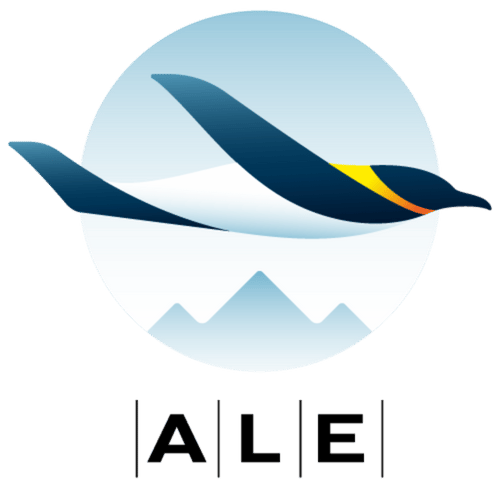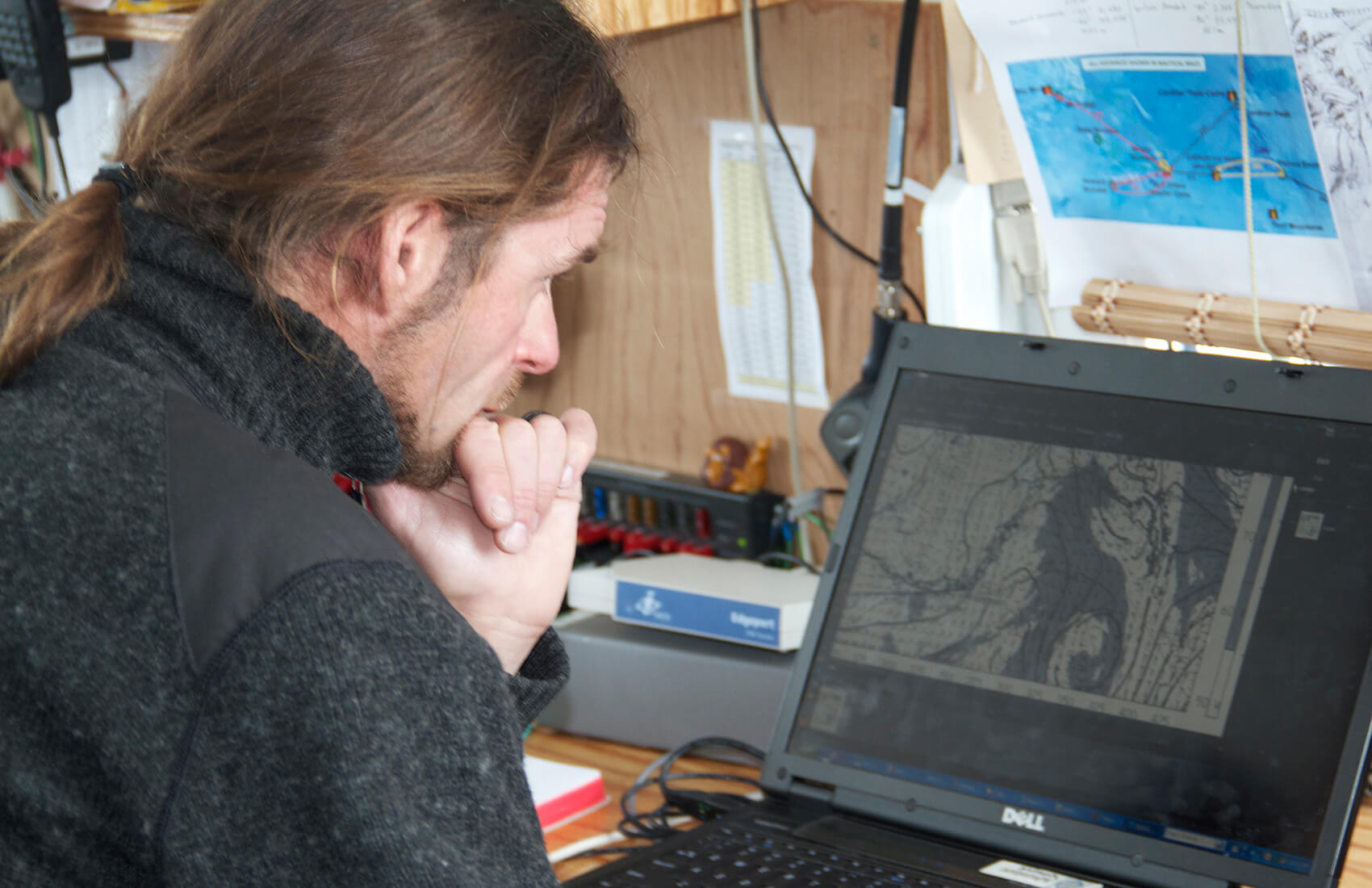 Name: Marc De Keyser
Name: Marc De Keyser
Role: Meteorologist
Nationality: Belgium
Weather forecasting plays a key operational and safety role in ALE, whether it be a decision to launch an Ilyushin flight to our Union Glacier blue-ice runway; planning ski aircraft movements around the continent; or climbing parties planning a summit bid on Mount Vinson. Meet ALE’s forecaster, Marc De Keyser, who takes it all in stride…
Why did you want to work in the Antarctic?
I must say that I never dreamt of being a polar hero or some kind of explorer of the unknown. I started working as a meteorologist in the early eighties, building up valuable experience and knowledge in different air force bases. I was always looking for new challenges as a meteorologist. I worked for years in operational environments with helicopters and jets, mostly in Belgium but also in Germany and Italy. But then, in 1996, I saw an ad that the British Antarctic Survey (BAS) was looking for a meteorologist to work at their scientific base ‘Rothera’ on the Antarctic Peninsula and I was excited about the idea of working in such a remote environment. So I worked two summers in a row (1996-97 and 1997-98) at Rothera and ever since I have had the Antarctic bug under my skin. I’ve worked over 12 seasons in Antarctica.
How did you start working for ALE? Have you always done deep-field work?
Many of the people who work for ALE gained experience with BAS or other National Antarctic Programs and for me it was no different. I must say I was pretty nervous when I went to Cambridge to be interviewed by John Turner and John Hall for a position at BAS’ Rothera station! At that time it was such a big adventure for me as I had never left the European continent! When I got the job I was very excited and I could not wait to leave. On the other hand, my son Wouter was three and I must say it broke my heart to leave him for six months.
It is amazing how small this world is! Once you have Antarctic experience and you take your job seriously, your name goes around quickly. So when ALE was looking for a meteorologist I was a natural candidate for the position.
At Rothera I spent most of my time on the base making aviation and maritime weather forecasts. And at Union Glacier, I am mostly in camp. People sometimes ask whether I get bored being in camp all the time. The other nine months I am in Belgium, which is flat and green, so the view from my Antarctic office window is pretty amazing!
What are your greatest challenges as a Forecaster in a deep field operation?
The job of a forecaster has its general challenges, whether you work in Belgium, South Myanmar, or Antarctica. I find it very stressful once I have made a forecast, and people have made a decision based on that forecast, waiting to see if that forecast becomes a reality. There is nothing worse than pilots having to abort their flight because of a wrong forecast.
A challenge of Antarctica deep field forecasting is that you work with very limited information. That is also the part that I really like! ALE has made a considerable effort to improve the information stream and it is amazing how much information I have at hand to make my forecasts, but it is still more limited than what is available in other parts of the world. Back home (in Belgium) we have tons of products and models to work with but that does not always make it easier.
What do you love best about your work with ALE?
I like the kick of a good forecast. It feels good when people use my forecast to plan an operation and it all works out. I also enjoying seeing the same people back at Union Glacier each season. I think we make a pretty good team and it feels great to work with such great people!
From a personal perspective, I enjoy competing in the Antarctic Marathons and Ultra-Marathons too! I won the 2007 & 2014 Ice Marathons, placed 2nd in the 2009 and 2010 Ice Marathons, and won the 2012 100K, with a course record of 12:06.51 hrs.
But whenever the weather is good, I get out of camp for a run, to enjoy the silence and remoteness of that place. That is the most relaxing effort ever!
What do you do for the rest of the year, when you are not in the Antarctic?
I live in Ostend, a city at the Belgian coast near the North Sea. My wife Michèle and I have a house near the beach.
I always say that the time I spend in Union is my annual holiday! No, seriously, when I am at home, I am a full time hydro-meteorologist working in an onshore weather station at the Belgian coast. Along with that I have my own little company ‘weather4expeditions.com’, making forecasts for expeditions in the Arctic, Greenland, the Himalaya’s, and routing people on their sail trips.





